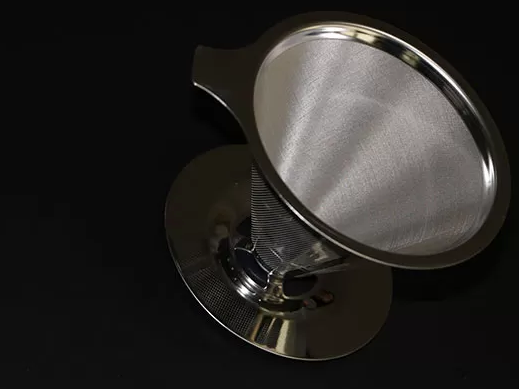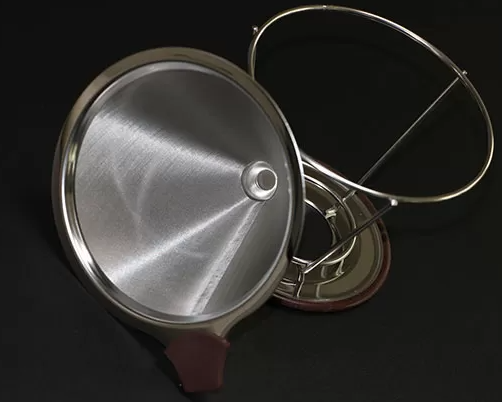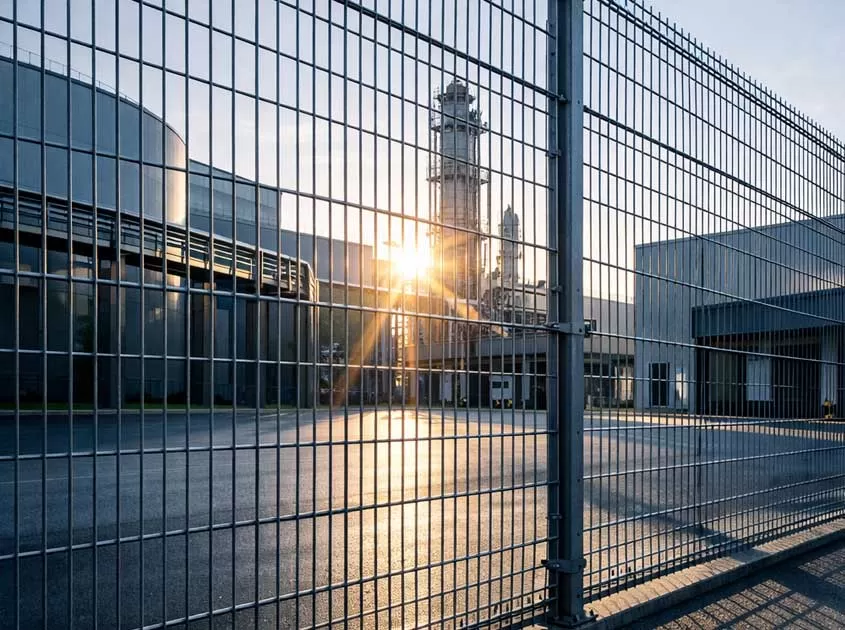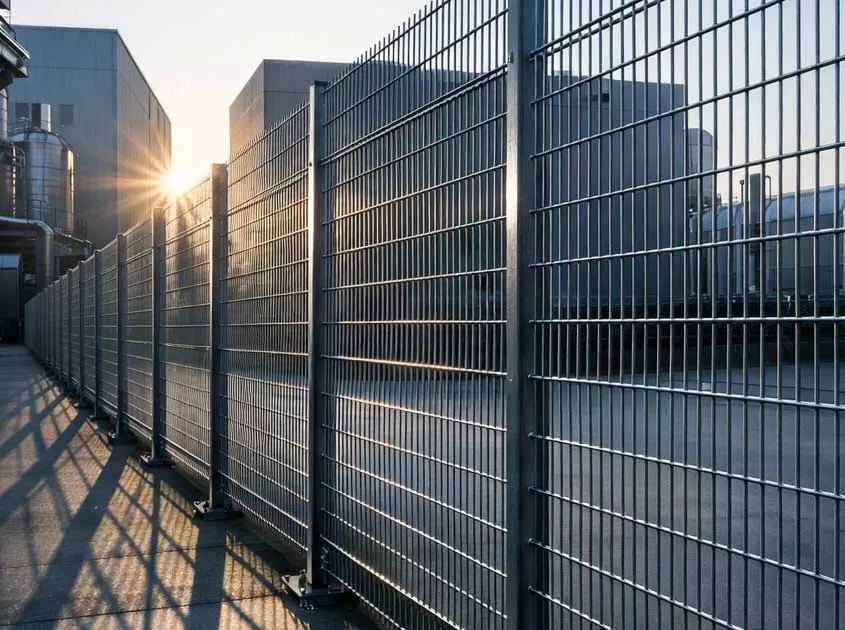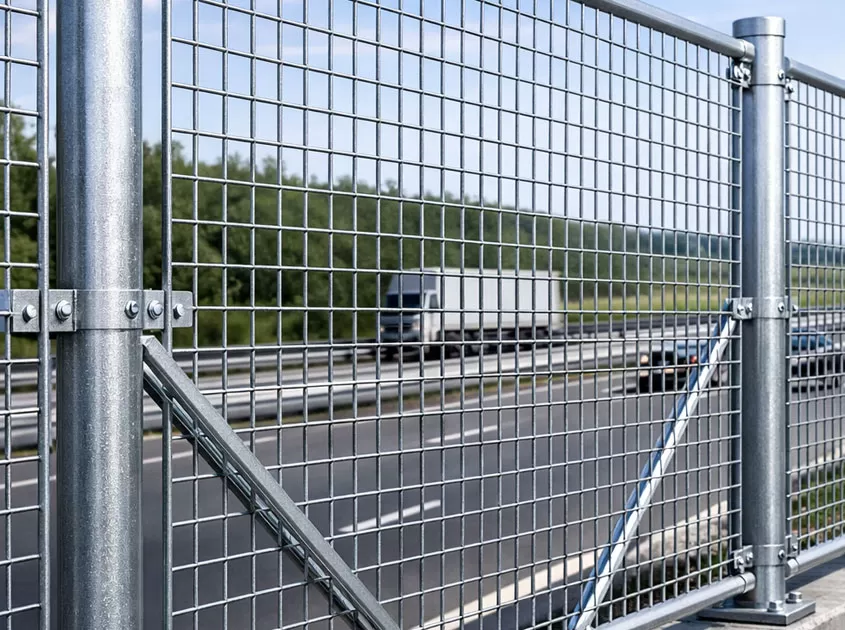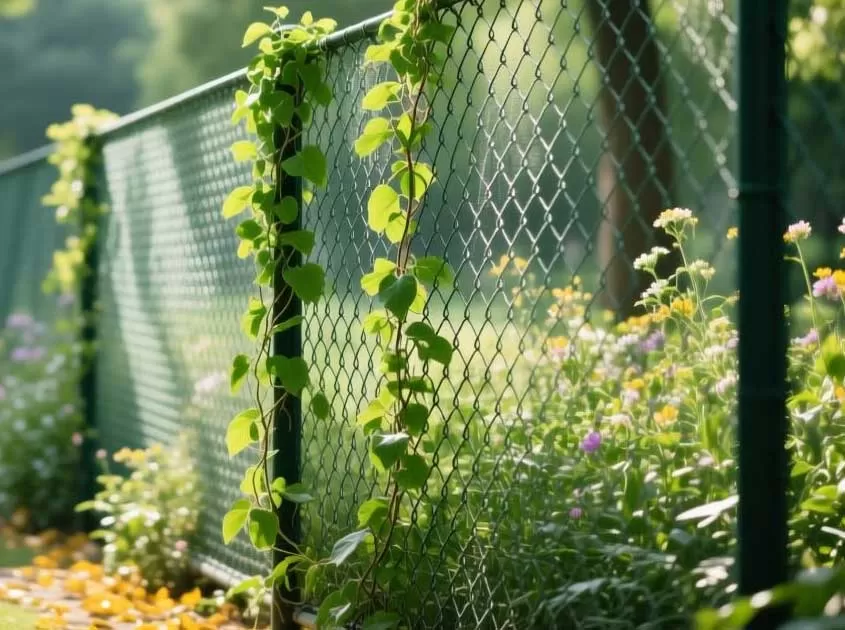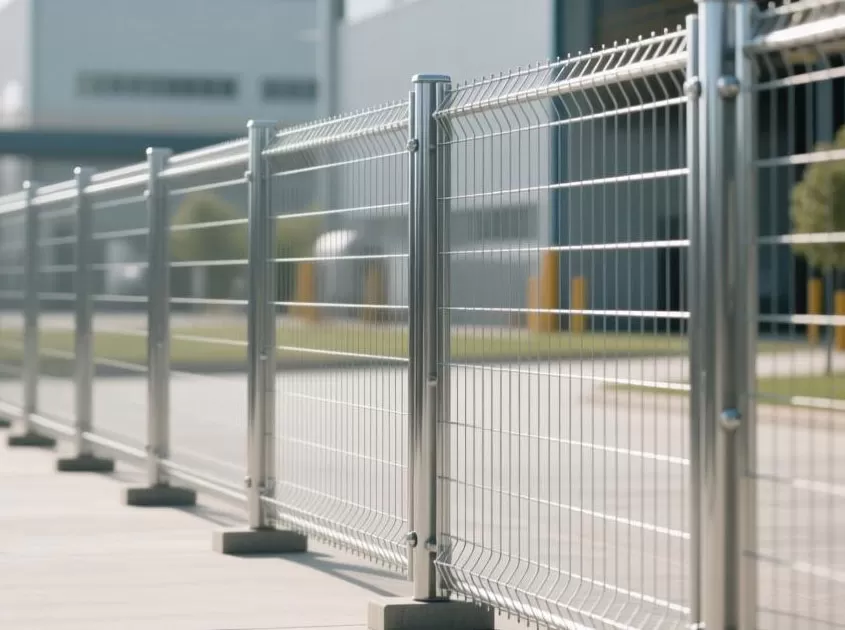How to Choose the Best Coffee Filter?
Choosing the right coffee filter is crucial for achieving the perfect cup of coffee. With so many options available, it can be overwhelming to decide which one is best for you. In this comprehensive guide, we'll explore everything you need to know about selecting the best coffee filter for your brewing needs.
Types of Coffee Filters
There are three main types of coffee filters: paper, metal, and cloth. Each type has its own pros and cons, so it's important to consider your preferences before making a decision.
Paper Filters
Paper filters are the most common type and are available in bleached or unbleached varieties. They produce a clean and crisp cup of coffee by trapping oils and sediment. However, some people find that paper filters can impart a papery taste to the coffee.
Metal Filters
Metal filters, usually made of stainless steel or gold-plated mesh, are reusable and environmentally friendly. They allow more oils and fine particles to pass through, resulting in a fuller-bodied cup of coffee. However, they may also allow some sediment to end up in your cup.
Cloth Filters
Cloth filters, often made of cotton or hemp, offer a sustainable and reusable option. They allow more oils to pass through compared to paper filters, resulting in a smoother and more aromatic cup of coffee. However, they require regular cleaning and maintenance to prevent mold and bacteria growth.
Choosing the Right Size and Shape
Make sure to choose a coffee filter that fits your coffee maker. Filters come in various sizes and shapes to accommodate different brewing methods, such as cone-shaped filters for pour-over brewers and basket-shaped filters for drip coffee makers.
Consider Thickness
Thicker filters tend to trap more oils and sediment, resulting in a cleaner cup of coffee, while thinner filters may allow more oils and fine particles to pass through, resulting in a fuller-bodied cup. Consider your preference for coffee clarity when selecting the thickness of the filter.
Brand Compatibility
Some coffee makers are designed to work best with specific brands or types of filters. Check the manufacturer's recommendations to ensure compatibility and optimal performance.
Environmental Impact and Cost
Consider the environmental impact of your choice. While paper filters are convenient and disposable, they contribute to waste. Reusable filters, such as metal or cloth filters, are more eco-friendly options but require regular cleaning and maintenance. Compare the cost of different types of filters, including initial purchase price and ongoing expenses.
Flavor Profile
Different types of filters can affect the flavor of your coffee. Experiment with different materials and thicknesses to find the filter that produces the flavor profile you enjoy most, whether it's a clean and bright cup or a rich and full-bodied brew.
Questions and Answers
Here are some common questions people have about choosing the best coffee filter:
Q: Are paper filters better than metal filters?
A: It depends on your preference. Paper filters produce a cleaner cup of coffee, while metal filters allow more oils and sediment to pass through, resulting in a fuller-bodied cup.
Q: How do I know which size filter to choose?
A: Check the specifications of your coffee maker to determine the appropriate size and shape of the filter. Most coffee makers come with recommendations for compatible filters.
Q: Are reusable filters more environmentally friendly?
A: Yes, reusable filters are generally more eco-friendly than disposable paper filters. However, they require regular cleaning and maintenance to ensure optimal performance and hygiene.
Choosing the best coffee filter is a personal decision that depends on your brewing preferences, environmental concerns, and budget. Consider the factors outlined in this guide to select the perfect filter for your daily coffee ritual.
To see all of our coffee filter options online, click here.
-
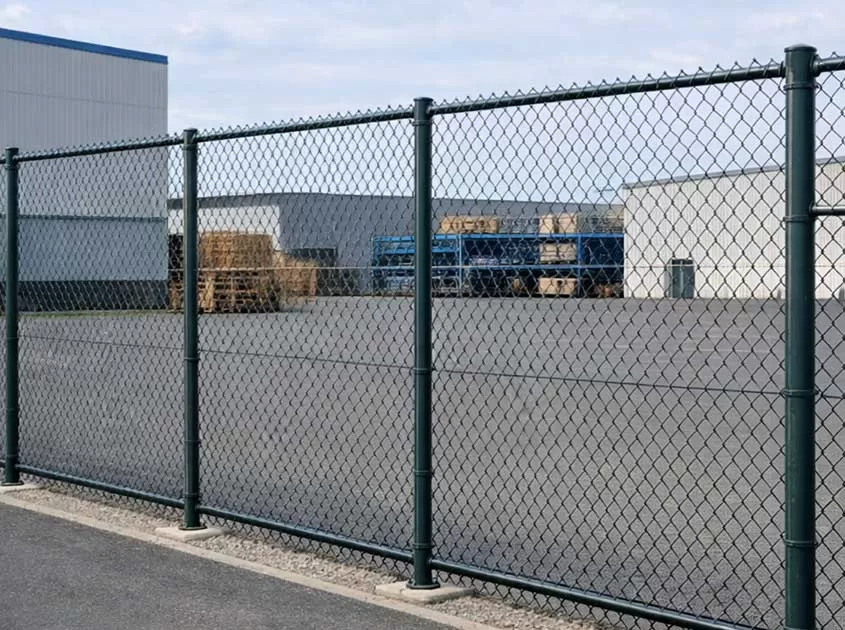 Best Chain Link Fence for Security Applications Feb 10, 2026
Best Chain Link Fence for Security Applications Feb 10, 2026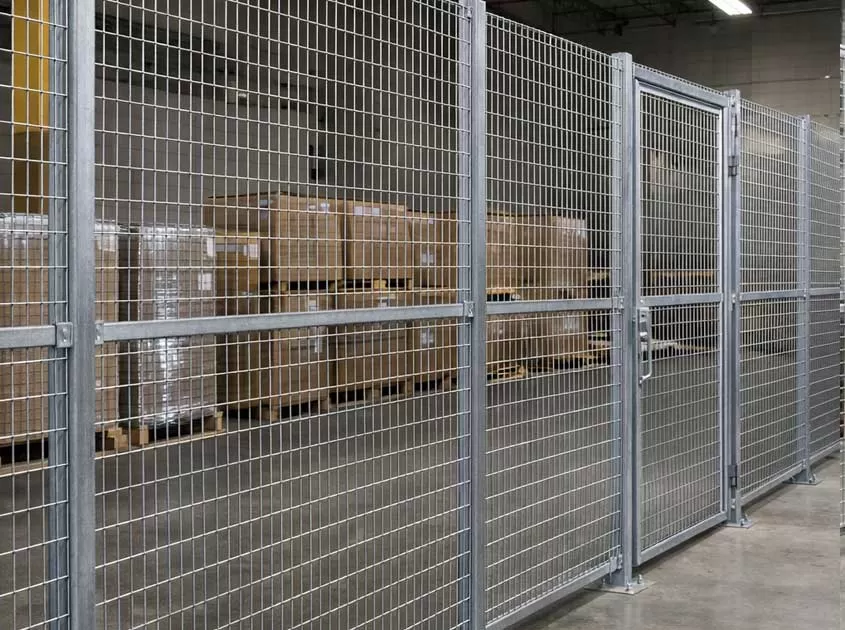 Best Welded Wire Mesh for South American Markets Feb 03, 2026
Best Welded Wire Mesh for South American Markets Feb 03, 2026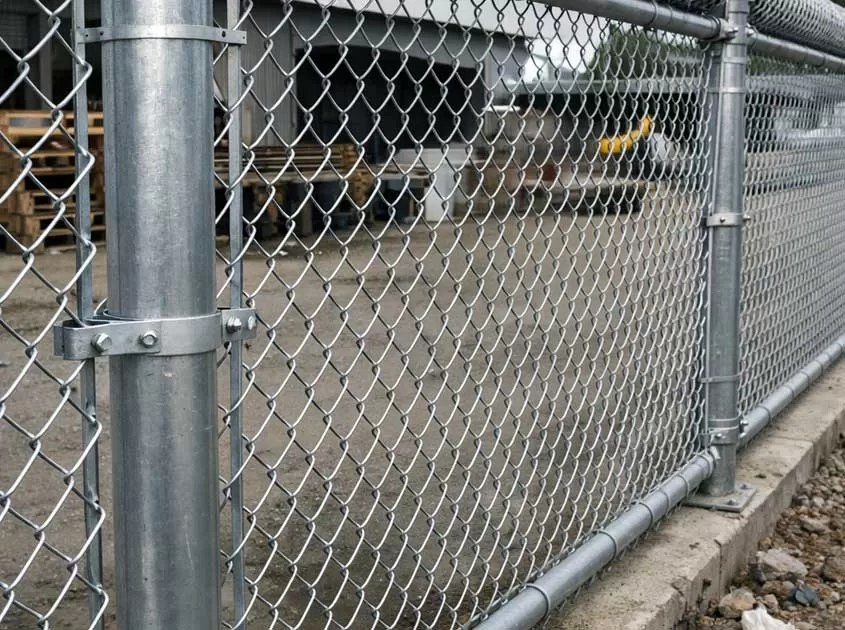 Why Galvanized Wire Mesh Is Popular in South America Jan 26, 2026
Why Galvanized Wire Mesh Is Popular in South America Jan 26, 2026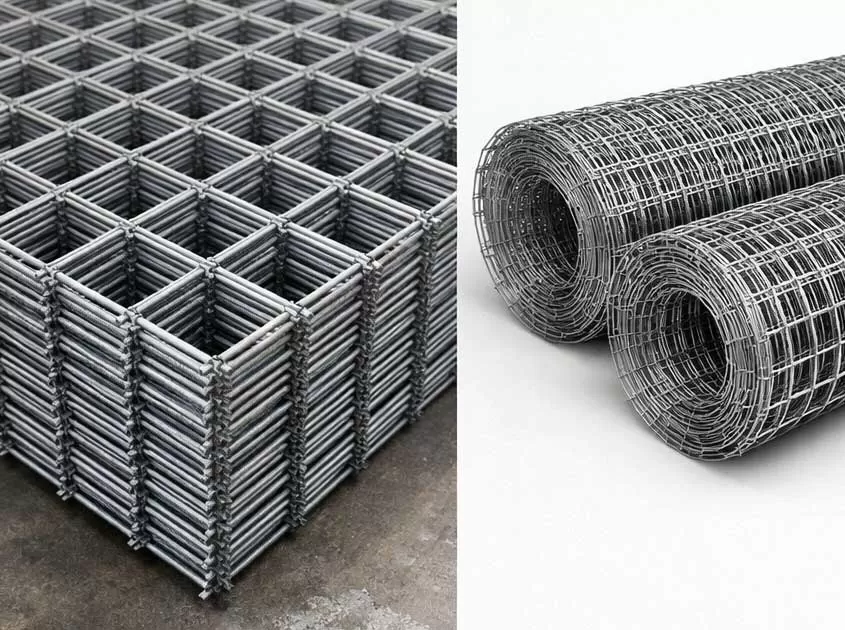 How to Check the Quality of Welded Wire Mesh Jan 16, 2026
How to Check the Quality of Welded Wire Mesh Jan 16, 2026

- Tel.: +86 311 83077076
- E-mail: sales@qunkunmetal.com
- Skype: qunkunsales01
- WhatsApp: 8618032412189
- Add.: No.69 The Filter Industrial Part of Anping, Hebei, China




